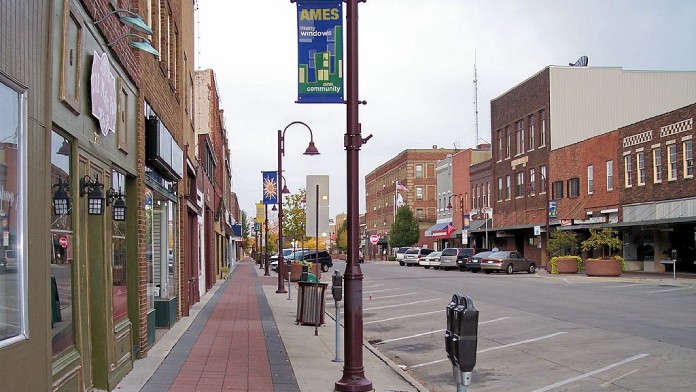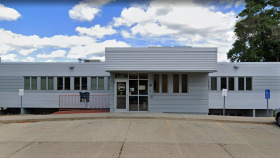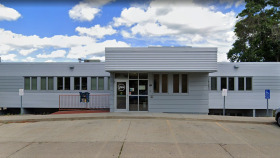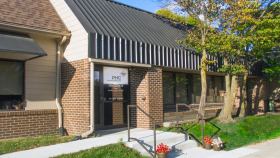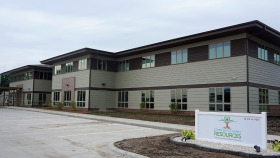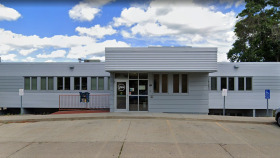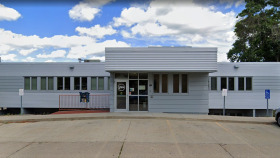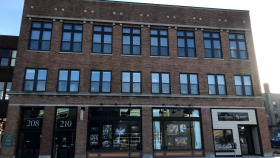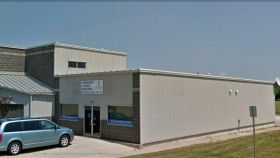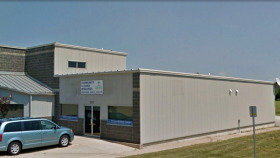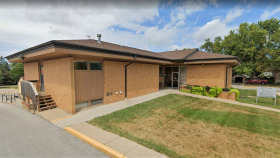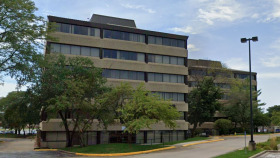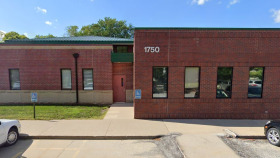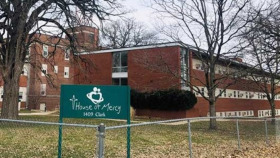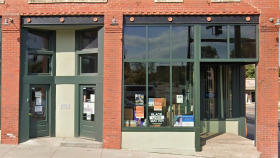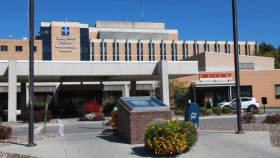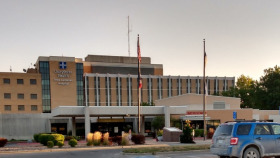Alcohol and Drug Use Statistics in Ames, IA
Like many cities in the Midwest, Ames has experienced a surge in the misuse of opioids and other drugs and associated overdoses in recent years. The following statistics illustrate the extent and impact of drug use in Story County and the corresponding region:1
About 200 residents were admitted for alcohol misuse treatment in 2017.
Nearly 110 residents were admitted for methamphetamine misuse treatment in 2017.
About 100 residents were arrested for methamphetamine-related incidents in 2018.
Levels of Substance Abuse Care
Various levels of substance abuse treatment are available. You’ll want to know the different options before choosing a program.
Professional Detox
Drug detox is a set of interventions aimed at managing uncomfortable withdrawal symptoms, helping you to achieve a substance-free and medically-stable state. Detox isn’t always necessary, but it is recommended for alcohol, benzo, and opioid addictions.
Inpatient Care
You live at the treatment facility for the entire length of the program, ranging from 30 to 90 days, receiving around-the-clock care, including individual therapy, group therapy, support groups, family therapy, medication (if applicable), and more.
Partial hospitalization programs (PHPs)
You live at home while attending therapy and counseling for several hours each day at a hospital or facility—between 20 and 30 hours per week. This is a great option for those who need a high level of support but don’t want to live elsewhere.
Intensive Outpatient Programs (IOPs)
You live at home while receiving therapy and other services in an outpatient setting for anywhere from nine to 20 hours per week.
Standard Outpatient
The least intensive and structured option, you live at home and receive two to four hours of treatment per week. This option may be beneficial for someone with a mild addiction who has a great support system and strong motivation to get sober.
Relapse Prevention
After completing your initial treatment program, you will want to continue with relapse prevention services, such as support groups, ongoing therapy, transitional housing, or some combination of many services.
How to Pay for Addiction Treatment in Iowa
The following are various ways to finance your recovery program:
Private Insurance
If you have private health insurance from the Healthcare Marketplace or through your place of employment, you can use your insurance to cover the cost of drug and alcohol rehab. By law, your provider is required to cover addiction treatment services to the extent they cover medical services. This means they will likely provide partial or full coverage for treatment.
Iowa Medicaid
Iowa Medicaid is a federal health insurance program that provides coverage for low-income people and families who don’t have access to private insurance. You can use Iowa Medicaid to cover the cost of drug rehab in Ames.
Medicare
Iowa Medicare provides health insurance coverage to people aged 65 and older. Like Medicaid, Medicare covers substance abuse treatment services, such as inpatient and outpatient rehab as well as substance abuse assessments.
TRICARE in Iowa
Iowa is located in the West Region for TRICARE, a government program providing health insurance coverage for military personnel, veterans, and their families. You can use TRICARE to cover the cost of drug and alcohol rehab, making it more accessible.
Sliding Scale Payment Options
If a free rehab is full or has a long waiting list, you can apply to a sliding scale rehab, which only charges you what you can reasonably pay based on your income.
IHS-Funded Drug Rehabs
The Indian Health Services provides funding for some Iowa drug and alcohol rehab centers, making them able to provide free treatment to Indigenous people.
Local Information: Getting to and Around Ames, IA
 Ames, IA, is a great place to explore and experience the rich culture of the Midwest during your drug and alcohol rehab or a visit to a loved one in a treatment center. The following tips may be useful to help you plan your travel.
Ames, IA, is a great place to explore and experience the rich culture of the Midwest during your drug and alcohol rehab or a visit to a loved one in a treatment center. The following tips may be useful to help you plan your travel.
- Ames is located 37 miles north of and a 40-minute drive from Des Moines, the capital city of Iowa.
- Options for travel within Ames and Story County include the Heart of Iowa Regional Transit Agency (HIRTA) — a $2.50 one-way trip within the city and $5.00 within Story County.
- Rideshares, including Lyft and Uber, are transportation options within the Des Moines-Ames-West Des Moines metropolitan area.
- You may be able to run most errands in Ames, IA, on foot because it is a very walkable city.
- Travel options to and from Ames include driving, rail transport on Amtrak, bus, and flying.
- The closest Amtrak station is in Osceola, which is two hours away and accessible by Greyhound bus service.
- The closest airports include Ames Municipal Airport (5 miles away), Ankeny Regional Airport (27 miles away), and Des Moines International Airport (42 miles away).
- Places to stay in Ames include Airbnb, motels, and hotels, including affordable options, such as the Holiday Inn Express Hotel & Suites Ames, Best Western Plus University Park Inn & Suites, and Quality Inn & Suites Ames Conference Center.
- Places to explore in Ames include Reiman Gardens, Brunnier Art Museum, Boone County Historical Society, McFarland Park, and the Octagon Center for the Arts.
Iowa Substance Abuse and Treatment Laws
Iowa has several substance abuse and treatment laws that can help save lives, including:1
Residential Substance Use Disorder Treatment Act of 2021: This act increased access to drug addiction treatment services in prisons and jails and helped people transition to treatment in the community.
Americans with Disabilities Act (ADA): This law includes drug and alcohol addiction as a disability, which means you may be eligible to receive disability benefits.
Code of Iowa Chapter 321J.17: This law requires that Iowa drivers who receive a DUI must undergo a substance misuse assessment.
Iowa Good Samaritan Law: This law encourages witnesses to call 911 in the event of an overdose by protecting them from prosecution for drug possession.
Resources
- Story County Public Health. (n.d.). 2020 Story County Community Health Assessment.

